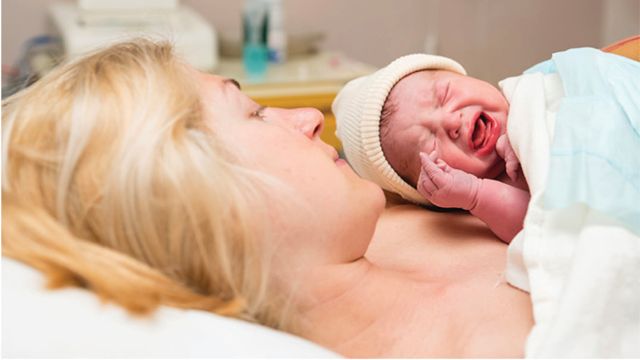
RhD Immunoglobulin
Bloodsafe eLearning AustraliaSep 2022





This resource has been published by a Partner, and is hosted on an external website. Ausmed is not responsible for the content or advertising you may see. Content may require additional payment.
Enquire about this resource on Bloodsafe eLearning Australia